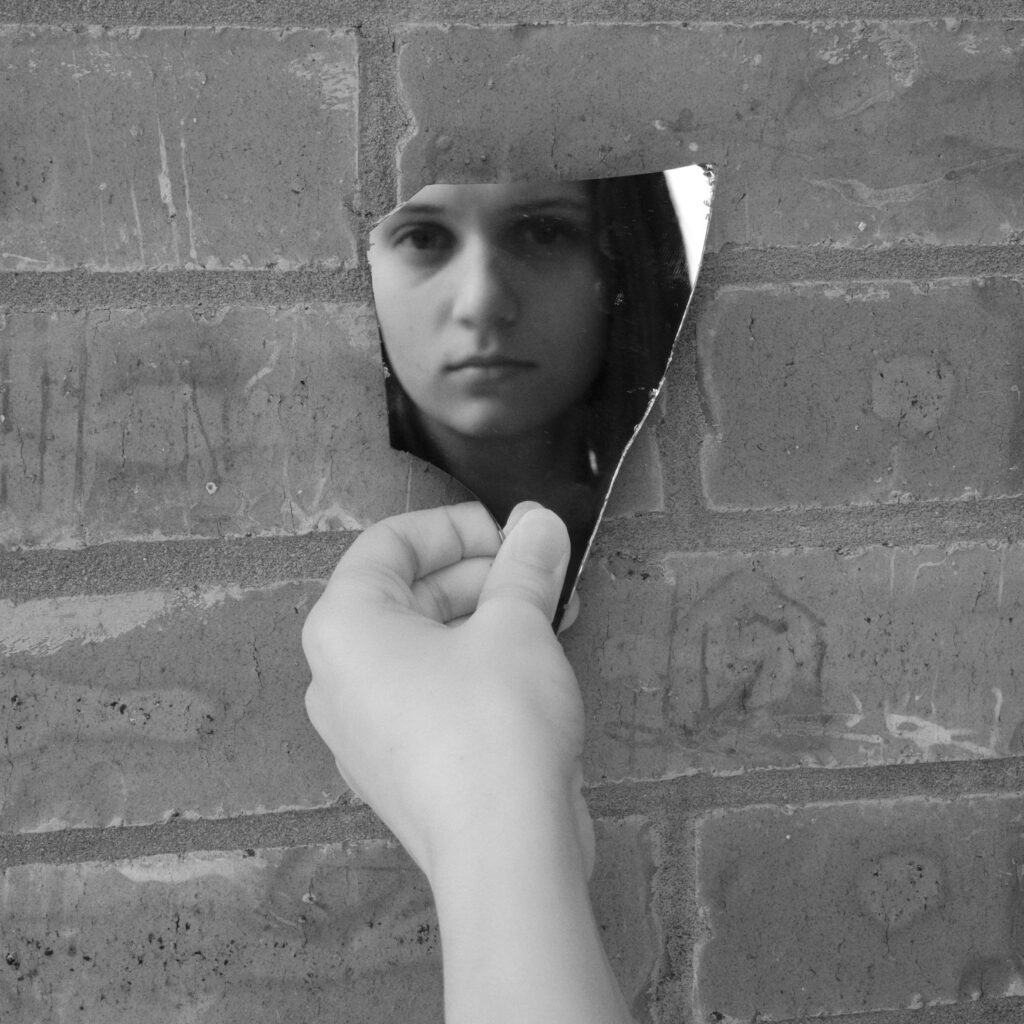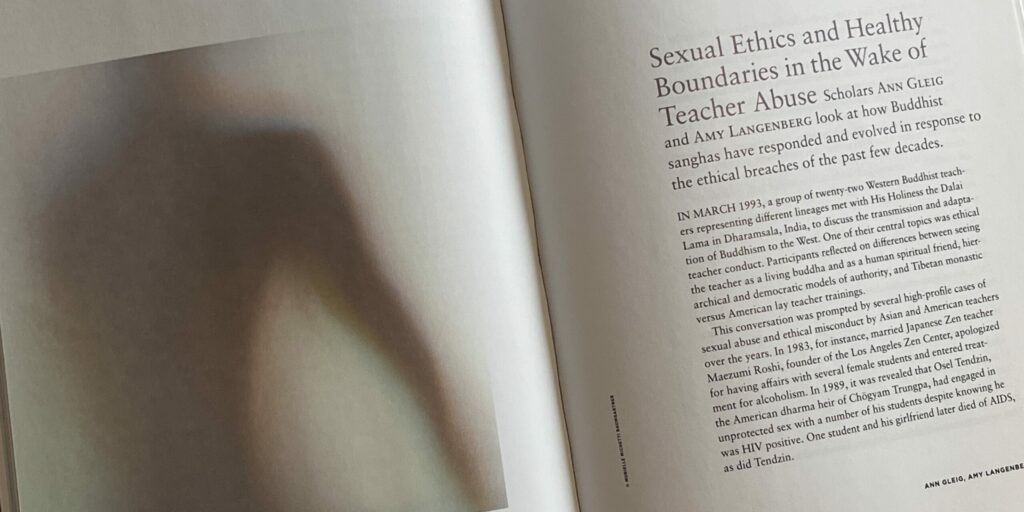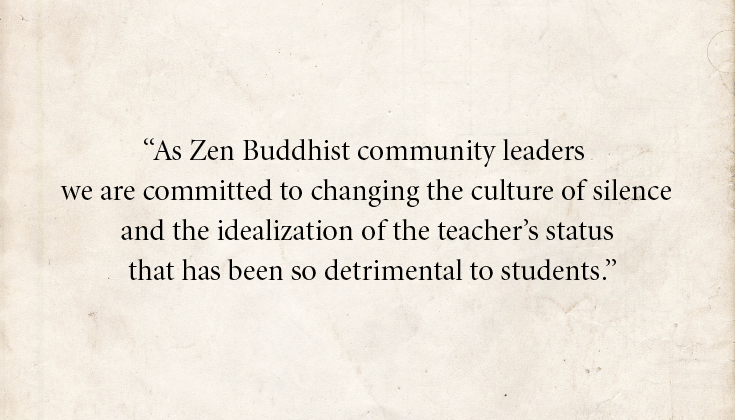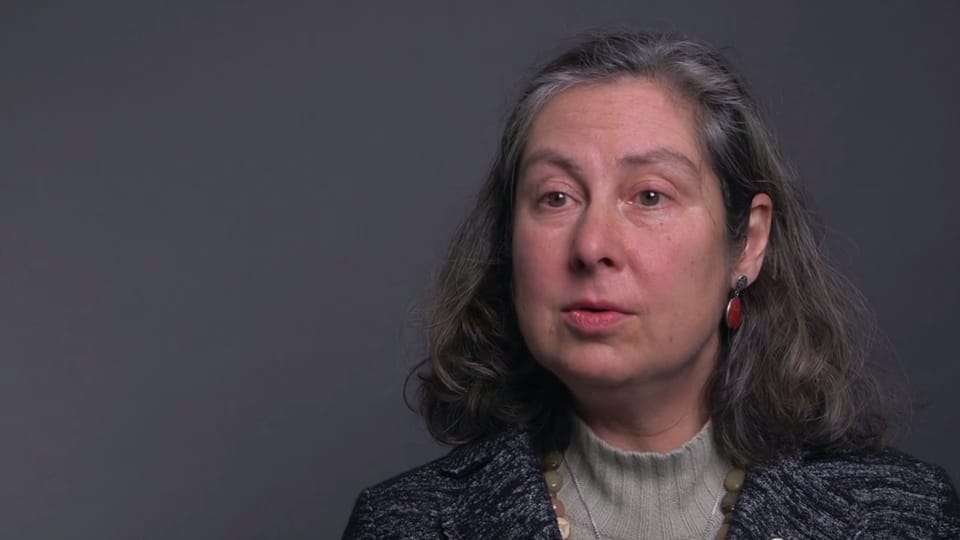Confronting systemic abuse within spiritual communities is important for individual and community alike. That's why Damchö Diana Finnegan, co-founder of the Dharmadatta Community, has launched a series of interviews that aim to help us face and understand abuse and how to promote community accountability and justice for survivors. Freshly updated with new videos
Damchö Diana Finnegan
From Ann Gleig and Amy Langenberg, authors of “Sexual Ethics and Healthy Boundaries in the Wake of Teacher Abuse,” from the Winter 2023 issue of Buddhadharma, comes this gathering of select websites, communities, and projects of value to Buddhist communities, teachers, and students looking to develop and maintain best practices when it comes to fostering healthy teacher-student relationships and addressing conflicts and pitfalls.
Ann Gleig and Amy Langenberg
“Healing Our Sanghas” invites Tibetan Buddhist practitioners to share the impact on themselves and their communities of allegations of sexual assault and abuse against the 17th Karmapa.
Lion’s Roar
A letter, written by students of Sogyal Rinpoche, has been posted on the internet, detailing abuses allegedly committed by Rinpoche.
Rod Meade Sperry
An Olive Branch presents an action plan for putting the necessary supports in place to protect sangha members from abuse
An Olive Branch
As Zen teachers, we would like to express our gratitude to Buddhadharma's recent issue on abuse in Buddhist commiunities.
Grace Schireson
Pam Rubin, a women's trauma counsellor and lawyer, explains why we need to start confronting abuse by believing victims.
Pamela Rubin
Recent headlines have revealed that spiritual communities, including Buddhist ones, are particularly vulnerable to sexual abuse by male authority figures.
Buddhadharma
Scholars Ann Gleig and Amy Langenberg look at how Buddhist sanghas have responded and evolved in response to the ethical breaches of the past few decades.
Buddhadharma
Kimmen Sjölander only freed herself from what she suffered at the hands of her late father when she learned to send him loving-kindness. Because forgiveness is complicated, but metta is always appropriate.
Kimmen Sjolander









